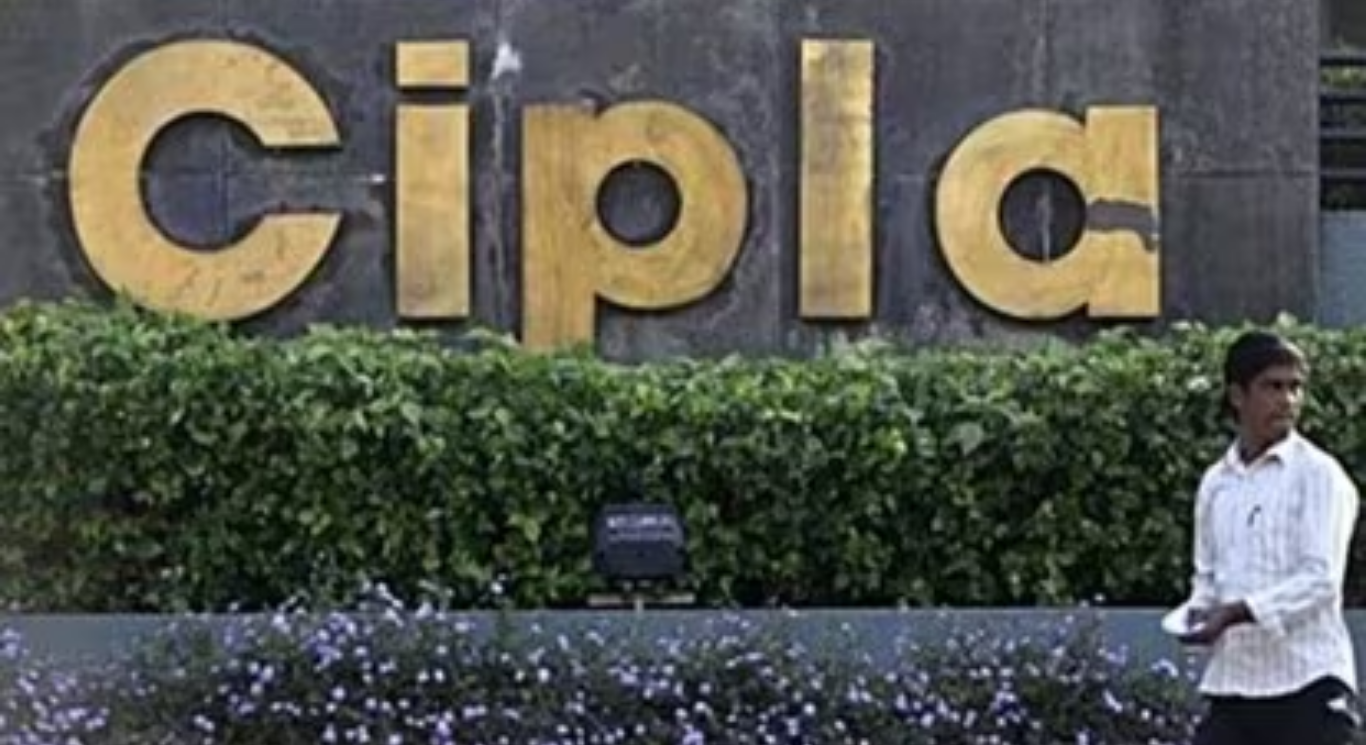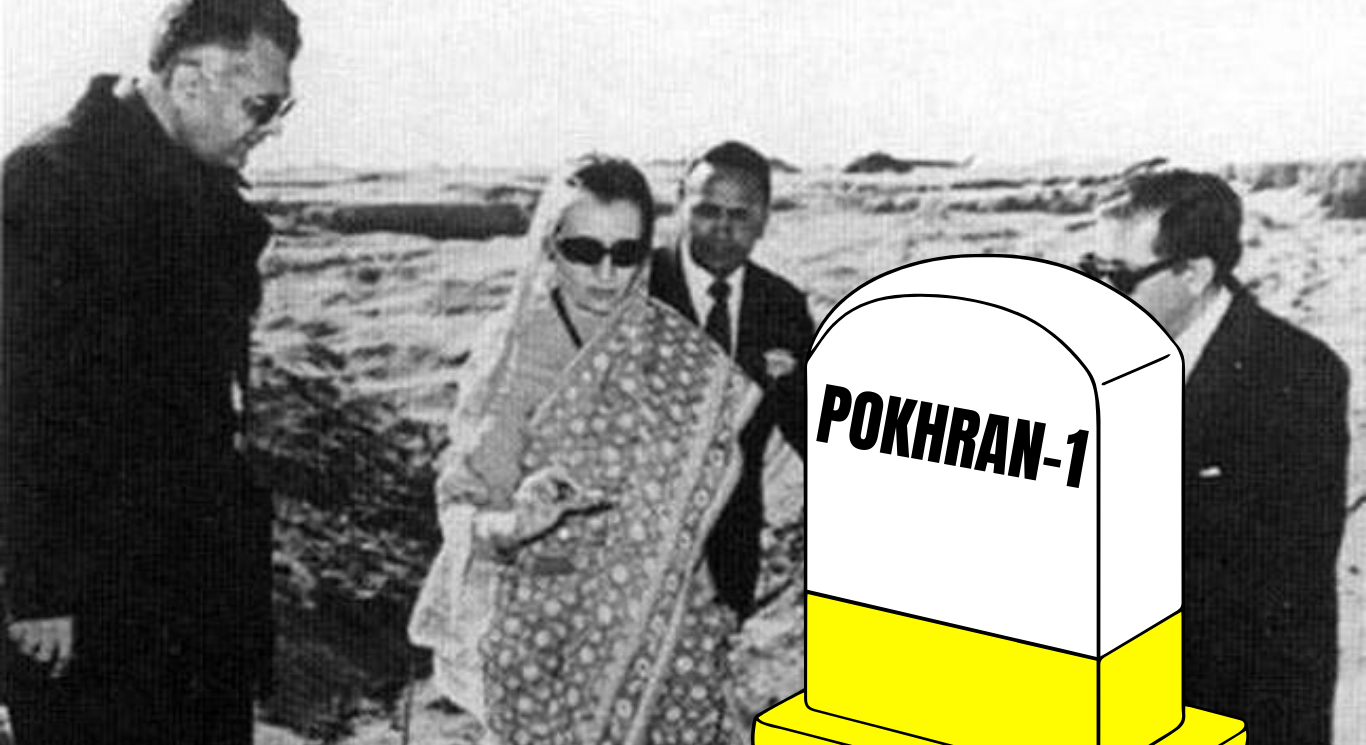










Indian pharmaceutical giants Cipla and Glenmark, who are prominent players in the pharmaceutical industry, have reportedly recalled their products from the American market due to manufacturing irregularities in the products, as reported by the US Food and Drug Administration (USFDA). The report highlighted the ongoing challenges in pharmaceutical production and quality control.
According to the latest Enforcement Report issued by the USFDA, a New Jersey-based subsidiary of Cipla is recalling 59,244 packs of Ipratropium Bromide and Albuterol Sulfate Inhalation Solution. These medications, manufactured at Cipla’s Indore SEZ plant, are utilized to manage symptoms associated with lung diseases such as asthma, chronic bronchitis, and emphysema.
This recall by Cipla USA has been attributed to “short fill.” The complaints cited a reduced fill volume in respule units and the observation of liquid residue in intact pouches, as outlined by the USFDA. The Class II recall was initiated by Cipla on March 26 of this year.
Also read: Deadly Torrential Rains Claim Lives of 56 in Brazil
Simultaneously, Glenmark Pharma has also recalled 3,264 bottles of Diltiazem Hydrochloride extended-release capsules indicated for high blood pressure management. Glenmark Pharmaceuticals Inc, USA, the US-based arm of the company, initiated the nationwide recall on April 17, 2024, citing “failed dissolution specifications” as the reason.
A Class II recall, as defined by the USFDA, is triggered when the use or exposure to a violative product may lead to temporary or medically reversible adverse health consequences, or where the likelihood of severe adverse health consequences is remote.
India, recognized as the largest supplier of generic medicines globally, faces scrutiny over manufacturing standards as it contributes approximately 20 percent of the global supply, encompassing 60,000 different generic brands across 60 therapeutic categories.
Indian pharmaceutical products are distributed to over 200 countries worldwide, with Japan, Australia, Western Europe, and the US constituting primary destinations. Notably, India boasts the highest number of USFDA-compliant companies with manufacturing plants outside the United States, underscoring its significance in the global pharmaceutical landscape.









